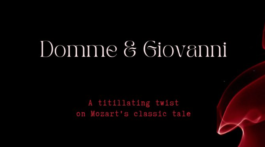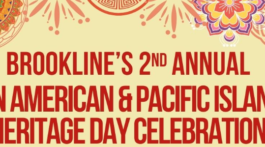This is part of our series about improving your financial health.
I often get asked by home buyers and home owners looking to refinance whether it makes sense to take a 30-year fixed rate mortgage versus a 15-year fixed rate mortgage. Although the decision is a matter of preference, here are four questions that can help you make a more informed decision when comparing these two options.
1 – What will I do with the difference in cash flow?
There are two main benefits that a 15-year mortgage has over a 30-year mortgage:
- 1 – Fifteen-year mortgages often carry lower interest rates versus 30-year mortgages. This could save you some money over time. (See Figure 1 that illustrates what would happen if the interest rate on a 15-year mortgage was 0.5 percent less than the interest rate on a 30-year mortgage.)
- 2 – Fifteen-year mortgages are paid off in half the time of thirty-year mortgages. This results in less interest over time and no monthly payments after 15 years.
Even so, you could accomplish similar results by investing the extra cash flow experienced from the lower payments on a 30-year mortgage. (See Figure 2.)
Therefore, the main issue here is: what will you do with the difference in cash flow if you choose a 30-year mortgage? Here are three options:
- Option 1: Invest the extra cash flow. This could be worth consideration if you’re looking to build your retirement account or a child’s college fund.
- Option 2: Spend the extra cash flow. This could be worth consideration if you’re looking to enhance your lifestyle or create more life experiences.
- Option 3: Use the extra cash flow to bid higher or buy a more expensive house. This could be worth consideration if you’re facing tough competition from other buyers in your market and if home values are likely to increase.
2 – What’s the outcome in 15 years?
As you can see from Figure 2, you’ll probably come out ahead going the 30-year mortgage route if you invest the extra cash flow. Further, you’ll have access to the funds after 15-years, as they’d likely be in a liquid investment account versus being trapped in your home equity. The bottom line is that you are in more control of your cash flow with a 30-year versus a 15-year mortgage.
3 – What’s the outcome in 30 years?
See Figure 3 for an illustration showing a comparison over a 30-year time frame. With the 15-year option, we are showing what would happen if, in years 16-30, you invest the entire monthly payment that you no longer have with the 15-year option. With the 30-year option, we are showing what would happen if you simply invest the extra cash flow each month for 30-years. As you can see from Figure 3, you’ll probably come out ahead going the 30-year mortgage route if you invest the extra cash flow.
4 – What’s the risk with either option?
The main risk with a 30-year fixed rate mortgage is that you may not be disciplined enough to use the extra cash flow in a productive way that improves your life. As with any other choice in life, it’s up to you to stay the course.
The main risk with a 15-year fixed rate mortgage is that you may find it difficult to make the higher monthly payment if you run into financial challenges down the road. So it really boils down to this: would you rather obligate yourself to a higher monthly payment with the 15-year option, or would you rather bet on yourself that you’ll make smart choices with the extra cash flow you experience with the 30-year option?
In either case, this is probably one of the most important financial transactions of your life.
About the Author
David Reznikow is a licensed loan partner at Fairway Independent Mortgage. A Brookline native and BHS graduate, Reznikow is currently a Newton resident but has remained part of the Brookline Community. As a Brookline Chamber of Commerce Director and business member Reznikow has had the opportunity to add to the vibrancy and diversity of the business community, while helping to raise funds for local charitable organizations through many Chamber initiatives. Both Reznikow’s parents have businesses in Brookline, still live in the home where they raised three children, and can often be found playing with their grandson, Cameron, at Dean Park.












